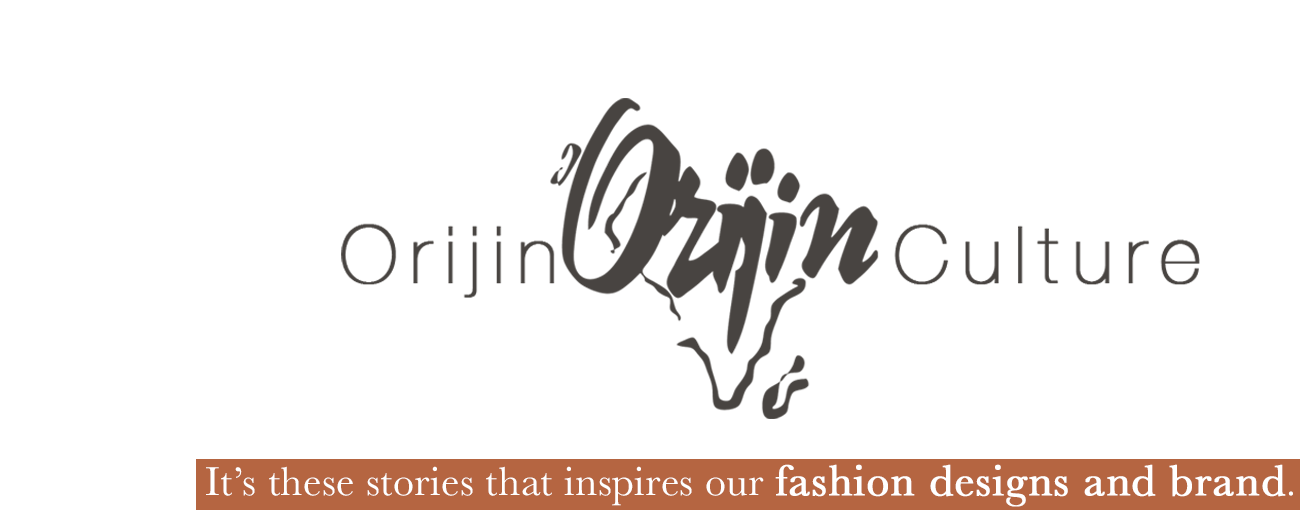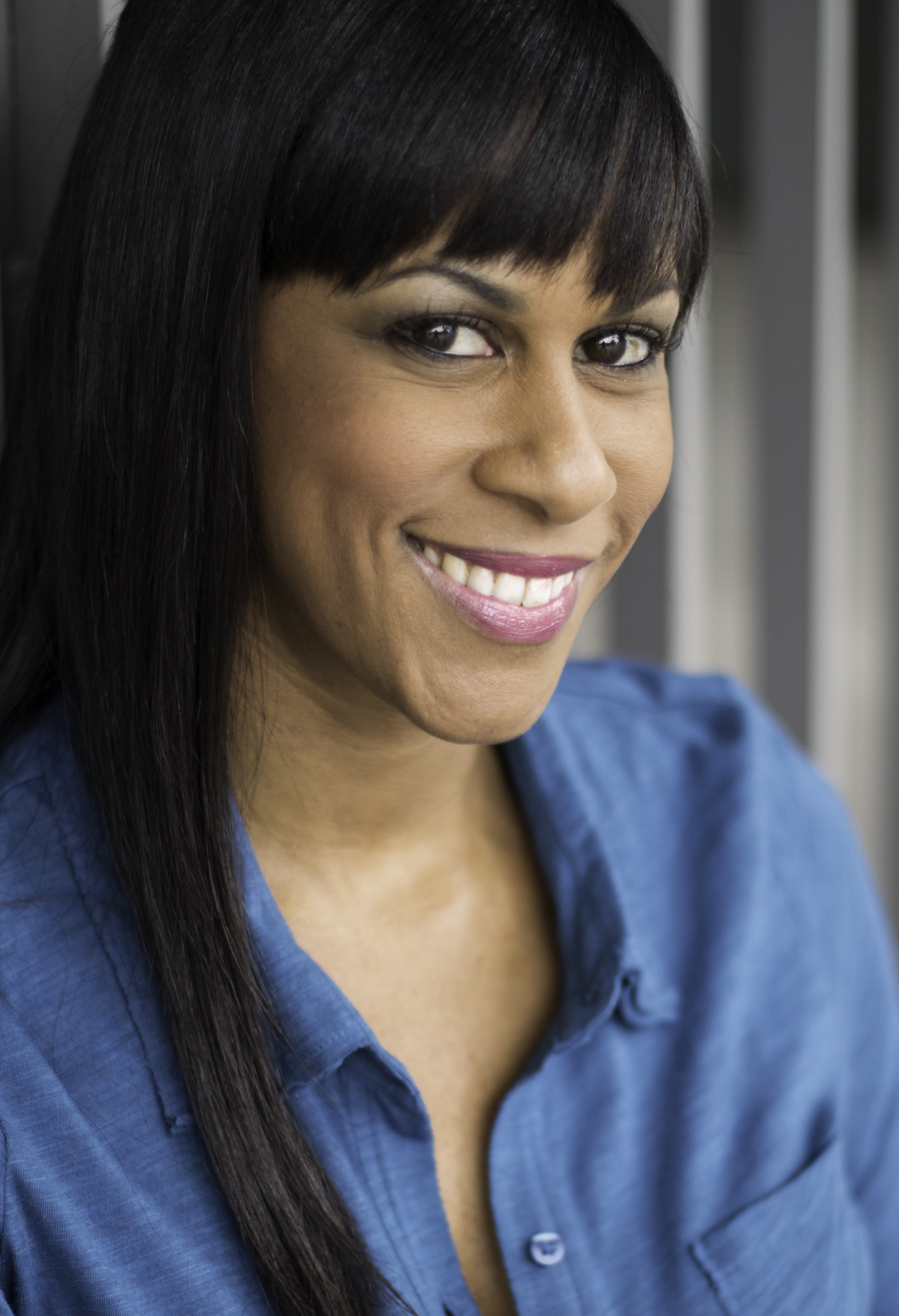 “Don’t cry because it’s over, smile because it happened.” With this quote, Dr. Seuss echoes the sentiments of the play called Evolutionary, which was written by LA based playwright, Kellie Dantzler. The play is currently being performed as part of the “Black Women: State of the Union” (BWSOTU) which is playing at the Company of Angels in The Alexandria Hotel in downtown Los Angeles.
“Don’t cry because it’s over, smile because it happened.” With this quote, Dr. Seuss echoes the sentiments of the play called Evolutionary, which was written by LA based playwright, Kellie Dantzler. The play is currently being performed as part of the “Black Women: State of the Union” (BWSOTU) which is playing at the Company of Angels in The Alexandria Hotel in downtown Los Angeles.
Evolutionary takes place in modern day and it reminds us to live life full of gratitude and humor as a mother and daughter reflect on a life well lived. In reflecting on her life, the maternal character in Evolutionary, played brilliantly by actor/producer Kila Kitu, states; “I also danced and I even laughed on occasion. Will they remember that? I should have laughed more.”
Playwright Dantzler is an ambitious artist who is armed with a strong spiritual faith, and a hard-work ethic that is fueled by creativity learned from her ancestors—her grandfather was the somewhat known Harlem Renaissance writer, George Wylie Henderson, who wrote two novels, Ollie Miss, and Jule; and several short stories.
In this interview, Indigo Thread blogger, Michelle Flowers, discusses Dantzler’s life philosophy, motivation and the significance of her ancestors who inspire her work.
MF: Your play Evolutionary brings the BWSOTU audience to tears of laughter and joy. How have you mastered the ability to bring out such strong and extreme emotions in people?
KD: I am flattered my play brings both laughter and joy to people, and praise be to God for it all. I am also aware plays are just writing on a page and it is the actors, who bring the “emotional life meat” to its production. In this incarnation of Evolutionary, both Kila Kitu and Lony’e Perrine have done an incredible job breathing life into the piece. I was blown away by their talent and enjoyed seeing the play unfold, even though I wrote it, I felt like they both took me on a ride and I too was laughing and crying by the performance. I am so grateful to BWSOTU, especially Ayana Cahrr who directed Evolutionary, for their time, vision, and care.
Evolutionary truly found itself in more than capable hands. As far as the “mastery” of the being able to create range of emotion from laughter to tears in my writing, it “talent” certainly doesn’t belong to me alone. In fact, I feel the mastery belongs to God and I try to get out of God’s way and be a vessel for something greater than me. I have an understanding that plays are collaborations between God, me, and the actors. I try, I practice, I practice daily to allow Grace to flow, and get out of the way of Spirit. I try to think, as the saying goes, “Think mystery not mastery.”
As a writer, I am very curious about the range of emotions we have as humans and the spaces in between, the energetic vibration in which we choose to experience. I don’t think emotions in life are as antithetical as we perceive them to be. I think emotions, such as laughter and tears, are two sides of the same coin. Evolutionary is a demonstration of the spectrum of Joy, which at one end is Joy and the other end Grief. In a way, it is all joy; grief is only a different vibration of joy.
MF: When did you accept your gift as a playwright?
KD: Well, let’s just say that question just made me throw my head back and let out a big cackle. Yes, cackle! I am still trying to accept this gift. As much as I love the creative process of writing, I often feel daunted by it. I am often plagued with self-doubt. I am still trying to wade through the murky waters of a rather fragile psyche in this area at least that is what it feels like now. I am learning how to do what I can and let God do what I can’t. “Just write,” I hear. I’m trying to listen and do just that.
MF: Who has been your greatest influence?
KD: My greatest influences have been Jesus, Silas, Zora Neale Hurston, Alice Walker, August Wilson, Fannie Lou Hamer, Harriet Tubman, and I’m sorry if this sounds corny but also my parents Timothy and Pearlethel Henderson. All of the individuals named are/were strong and had to overcome a lot of opposition but still kept focused on their goals. I hope to become a stronger more focus person by learning from these examples.
MF: As a black and female playwright, do you feel any responsibility to represent those groups?
KD: I do feel a certain responsibility as a woman, a Black woman in my writing. For example, I probably won’t write a Black man who is a rapist or just a thug. If I do, I will also write a Black man who has integrity and/or understanding of what unconditional is, displayed by his example. I also would like to tell our stories differently, meaning, I’m not interested writing plays about “baby mama drama” or about Black women looking for “Mr. Right.“ I feel it is my responsibility to not be part of the problem that I see in the ways in which Blacks have been depicted in plays or movies. My intention is to become part of the solution, and I don’t want to just talk about it, I want to be about it.
MF: Evolutionary is about death, and celebrating life fully, what was your inspiration for that piece?
KD: I have been blessed to be a part of the Robey Theatre Company’s Playwrights Program. A few years back, I was working on a full-length play about three different women named Mary: Mary Magdalene, Mary Ellen Pleasant, and a fictional modern day Mary who was a political activist. Our play writing instructor, an amazing guy named Aaron Henne (I affectionately call him my Rabbi) asked us to do a writing exercise around one of our characters from our play, where he or she reflects on his/her life in the company of another person, and what would he/she say if they were about to die. Evolutionary was born out of that particular writing exercise, and when I later shared it with the class, they all felt it could be worked into a 10 minute play and encourage me to do so. I love the Robey Theatre Company for providing a place for me to work and grow as a writer and actress. It is organizations like the Robey and BWSOTU who give artist like me a chance to share my work, and I am very grateful for these communities.
MF: What legacy do you wish to leave for your children?
KD: What I would wish for younger people is something that I still grapple with for myself. To do the work you feel you are called to do. My hope isn’t just for the younger generation but for all of us to really listen and be led by our hearts, by Spirit, and not what people tell us about who we are or supposed to be. I hope we all can learn to be more bold and courageous in our walk, doing what we feel Spirit is calling us to do. I hope to one day be able to really embrace being a writer and create the kinds plays and screenplays that I feel led to create. Gandhi has a wonderful quote I keep at my desk, “Whatever you do will be insignificant, but it is very important that you do it.” Words I try to live by.
MF: What has been your greatest challenge, and how have you overcome it?
KD: My greatest challenge to overcome is my resistance, procrastination, and self-doubt. I am still learning how to overcome these things.
MF: What are you working on now?
KD: I am currently working on a piece about a woman who thinks she is being haunted, but she is really only being visited by an Ancestor who is calling her back to her art.
MF: If you could travel back in time to anyplace at anytime, where would you go and what would you do?
KD: If I had the opportunity to travel back in time…. That’s a tough one. I suppose I am a bit curious about my Ancestors and how they lived and what their spiritual practices were before the slave trade. How strong my Ancestors had to have been to make it through the dark time of the slave trade. My Ancestors had to have been something fierce else I would not be here. I sometimes wonder where my African Ancestors came from, what part of what we now call Africa did they hail from? What language did they speak? I know I came from strong people who were brutalized, raped, and stripped of all that they knew and the fullness of that at often visits me. Perhaps this is why I am writing a play celebrating one of my Ancestors. I feel I have the space and time to do what my Ancestor(s) couldn’t. To live life as a creative, to be free to choose who or what I want to do in this life. I am a culmination of a lot of prayer and sadness I feel from those who lived before me.
MF: What will be your theatrical masterpiece?
KD: I hope to be able to be the kind of vessel that produces really great and quality work. I don’t want to have just one masterpiece. I intend to become a “blanket maker,” with my writing. To be known for creating work that consistently is pertinent, useful, and brings comfort to people; all while being able to be granted the financial and material resources needed to support myself and my family.
Kellie Dantzler’s play Evolutionary, can be seen this month as part of BWSOTU at the Company of Angels at The Alexandria Hotel at 501 S. Spring Street, 3rd Floor, Los Angeles. For more information about BWSOTU, visit www.bwsotu.org, or to purchase tickets, go online to www.companyofangels.org.

Latest posts by michelleflowers (see all)
- The Lark of Music: Cuban Soprano - November 26, 2014
- Killing Us Softly & Often - February 16, 2014
- Kellie Dantzler: Living a Life of Joy, Grace, and Purpose - February 25, 2013






